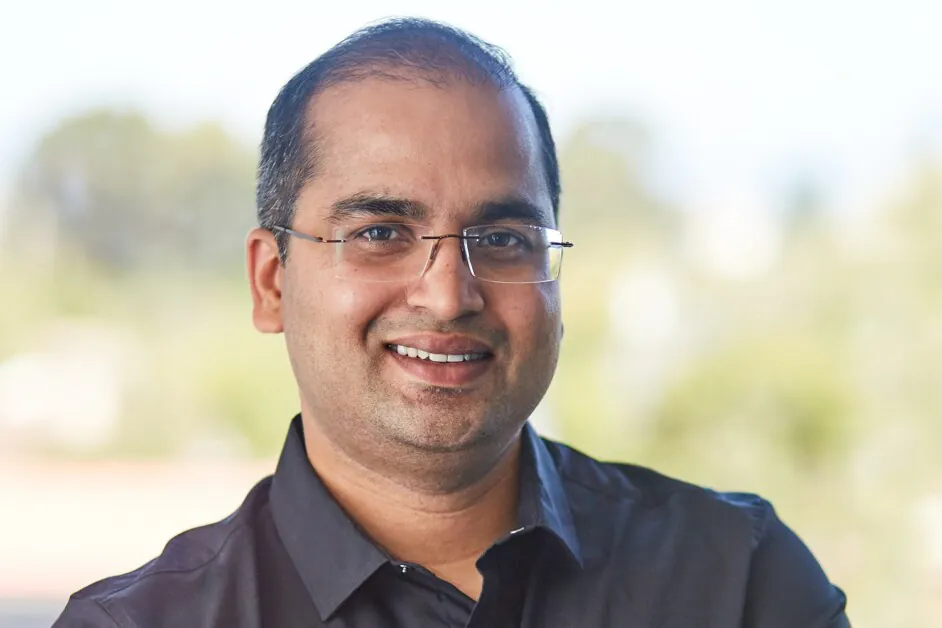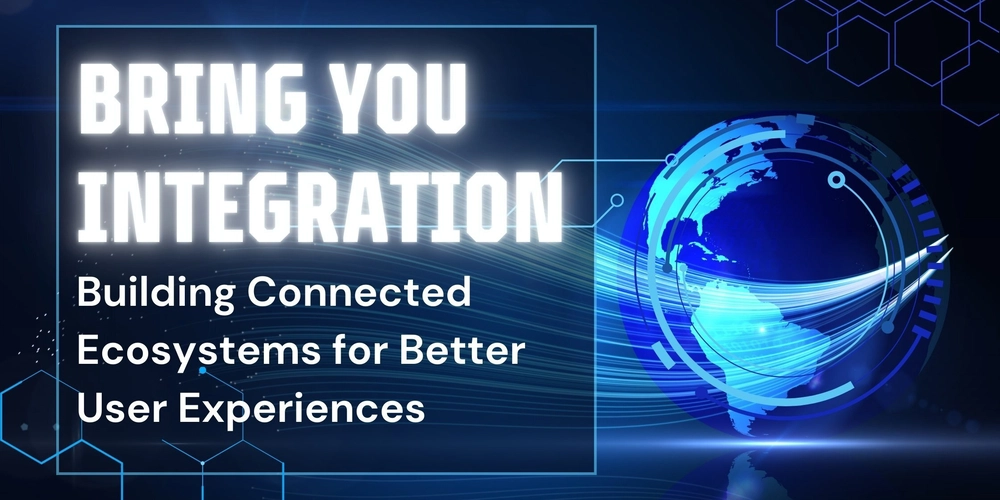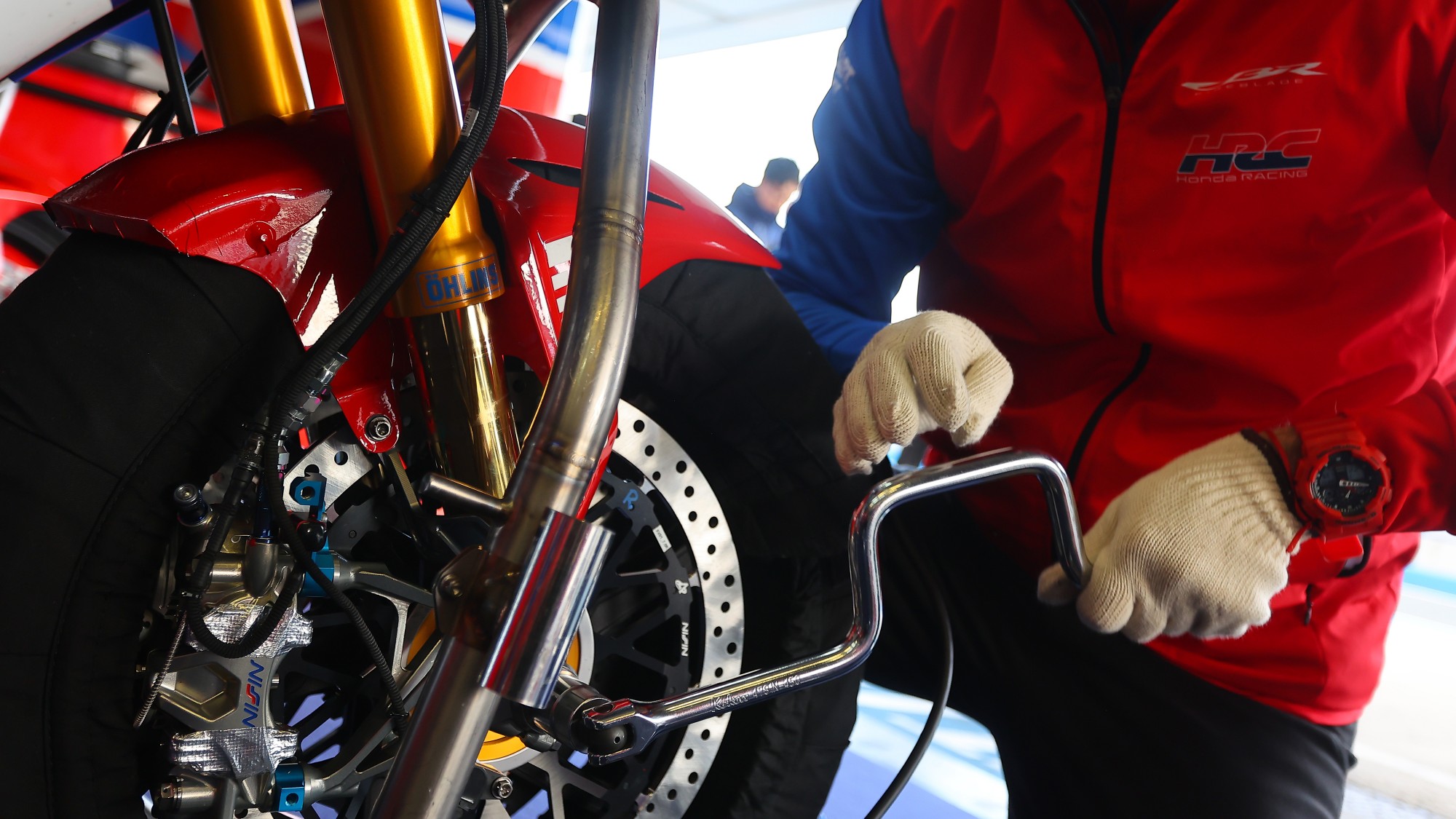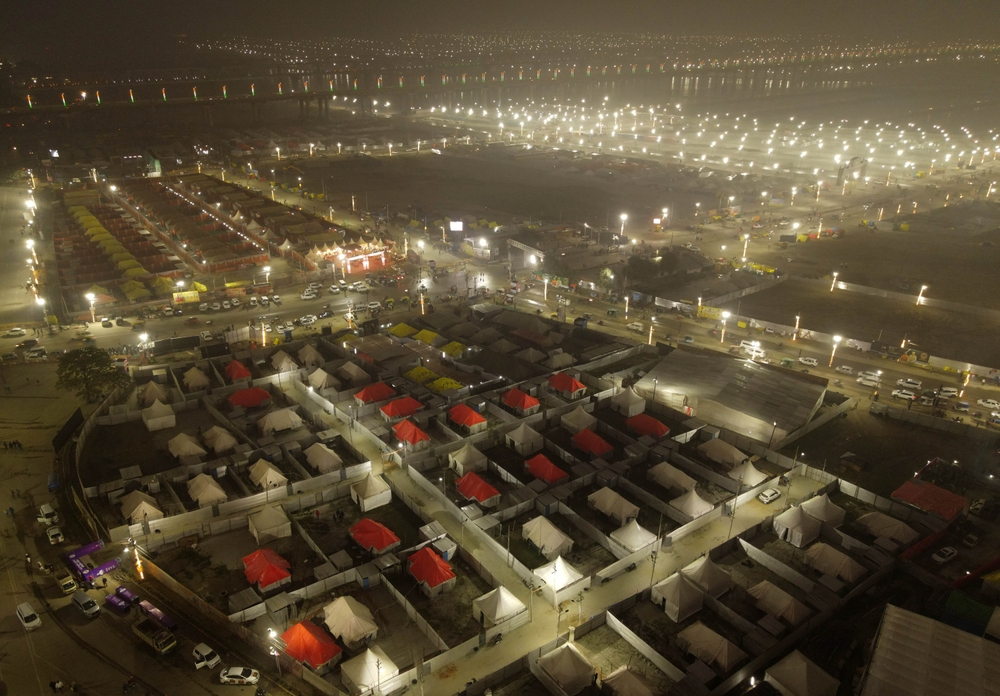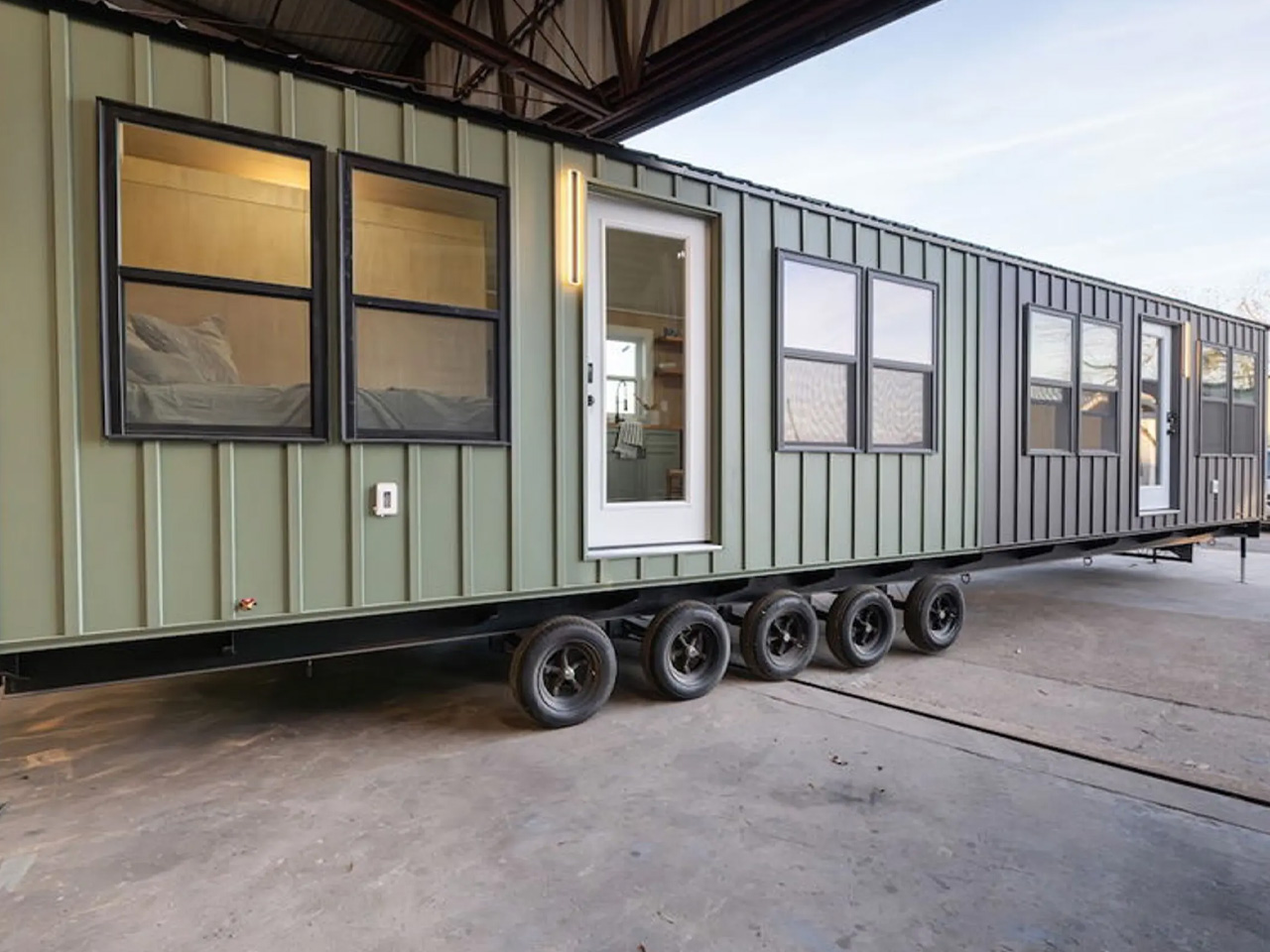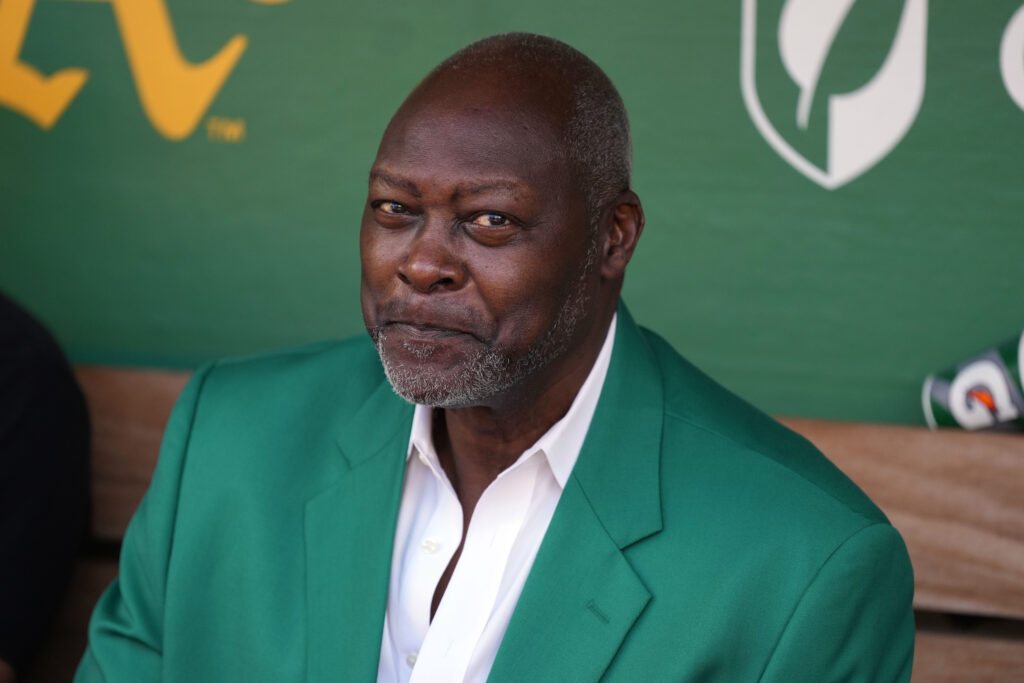Trump Slams the Brakes on Federal EV Charger Funding and Now Everyone’s Scrambling
Cities and states allotted funding to build out EV infrastructure don't know if they'll ever get money promised by Congress under the Biden administration. The post Trump Slams the Brakes on Federal EV Charger Funding and Now Everyone’s Scrambling appeared first on The Drive.
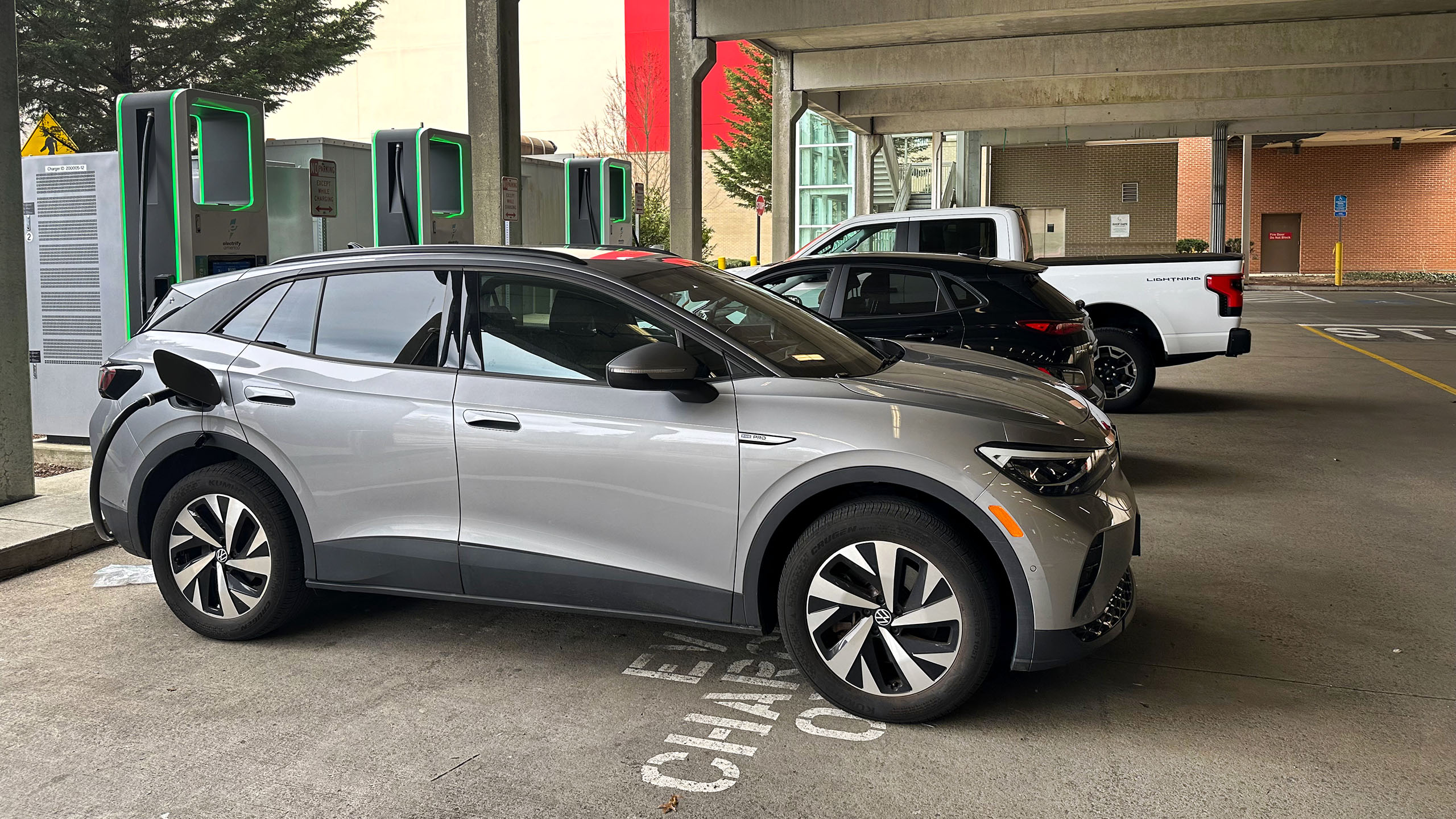
As expected, President Donald Trump has taken aim at incentives for electric vehicles and funding allocated by the Biden administration to build out their infrastructure among the flurry of executive orders he signed during his first day in office. One section of the order “Unleashing American Energy” specifically “pauses the disbursement of funds appropriated through the Inflation Reduction Act of 2022 or the Infrastructure Investment and Jobs Act,” and their two programs which earmarked a combined $7.5 billion for the construction of new charging stations. Of course, many grants have already been allocated by the federal government in the 17 months since the bill was passed, which now leaves those respective states and municipalities in limbo.
Take California’s Santa Cruz and Monterey counties, for example, which announced only last week that they had received an award for $14.3 million projected to fund 44 chargers across 13 cities. That grant, provided through the Charging and Fueling Infrastructure Discretionary Grant Program (CFI), was announced but crucially not yet contracted, meaning those counties could stand to miss out on it, per the Santa Cruz Sentinel.
“The President does not have the authority to impound funds that Congress has appropriated—it is entirely unconstitutional,” U.S. Representative Zoe Lofgren (CA-18) told the publication in response to the order. “With that being said, I understand the confusion and concern that Republicans in Congress—with Trump’s encouragement—could, in a future reconciliation package, try to rescind the money that originally passed with strong bipartisan support.”
Tiffany Wise-West, who is leading the project for the city of Santa Cruz and serves as its Sustainability and Resiliency Officer, stated only that city staff was “evaluating an executive order signed by the new president that unfortunately puts the certainty of the funding into question.”

What’s happening in these two coastal counties reflects a regulatory uncertainty around planned infrastructure projects with promised funding that Trump’s executive order has kicked off across the country. As reported by The Boston Globe, the Massachusetts Department of Transportation has not yet funded “a single dollar” of the $63 million the state was allotted through the National Electric Vehicle Infrastructure (NEVI) Program to build out public charging. Massachusetts has been especially slow with doling out that money, and the only other laggards are Republican strongholds with less support for EVs, according to EV infrastructure analytics firm Paren. The Globe highlights Ohio as a state on the other end of this spectrum, having already opened 19 new stations (not individual plugs, mind you) to date, funded 80% by federal dollars and 20% by contractors.
Massachusetts itself estimated that $1 million could pay for four fast chargers; $63 million may have covered 300, across 75 stations. What’s more, the funds allotted through NEVI were intended to prioritize low-income areas less appealing to the private sector. By taking as long as it has, the state may have forfeited not just some of that money, but all of it.
Trump’s ability to pull back funding approved by Congress is technically limited at the moment. The Impoundment Control Act, passed in 1974 during the Nixon presidency, shields against such blocks from the executive branch, but Trump has made it clear the he plans to take that law to the Supreme Court. If he succeeds in ending it, statehouses and local governments expecting those funds will never see what they haven’t already spent. Even in the case of contracted awards, his administration could pressure federal agencies to breach those agreements and not pay out, as Martin Lockman, a fellow at Columbia Law School’s Sabin Center for Climate Change Law, told TechCrunch earlier this week.
All that’s to say that it’s hard to predict precisely how this will end, though it’s unfortunately pretty easy to imagine how it will play out—through legal battles, at every level, across the country.
Got tips? Send ’em to tips@thedrive.com
The post Trump Slams the Brakes on Federal EV Charger Funding and Now Everyone’s Scrambling appeared first on The Drive.
What's Your Reaction?

























